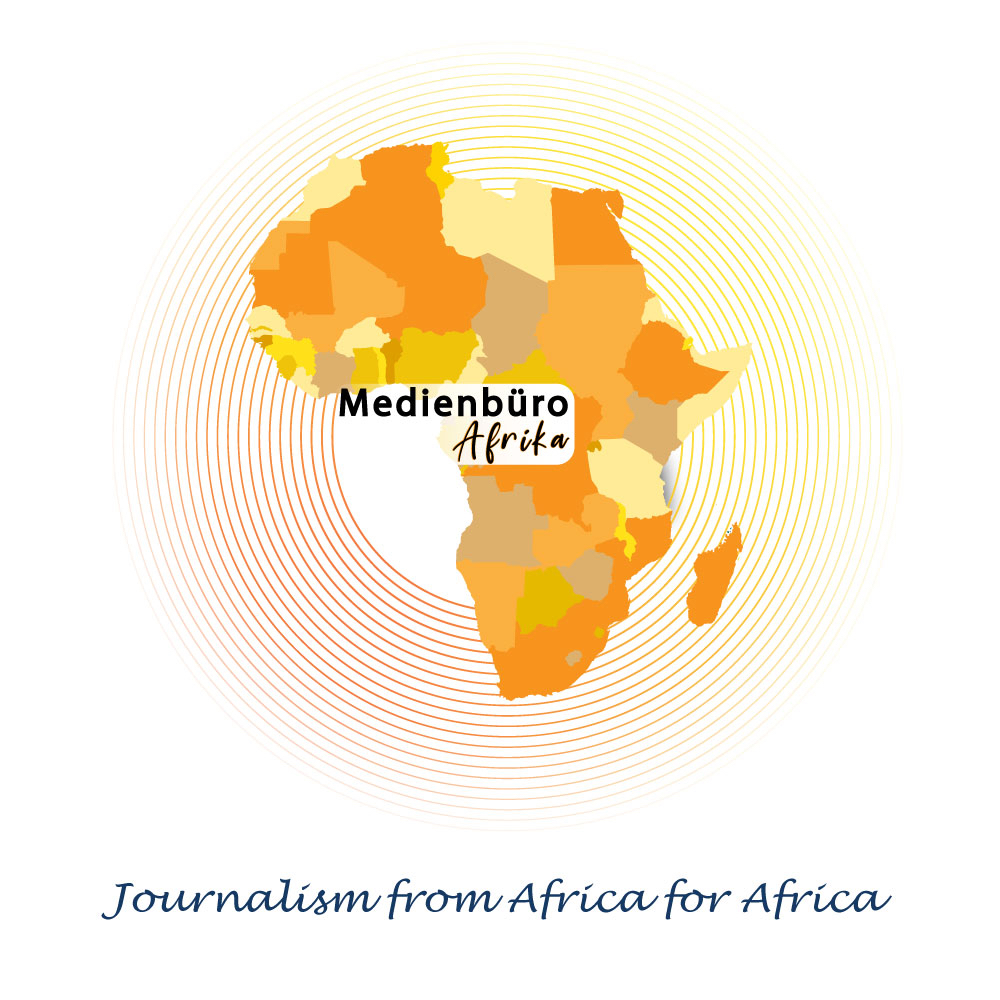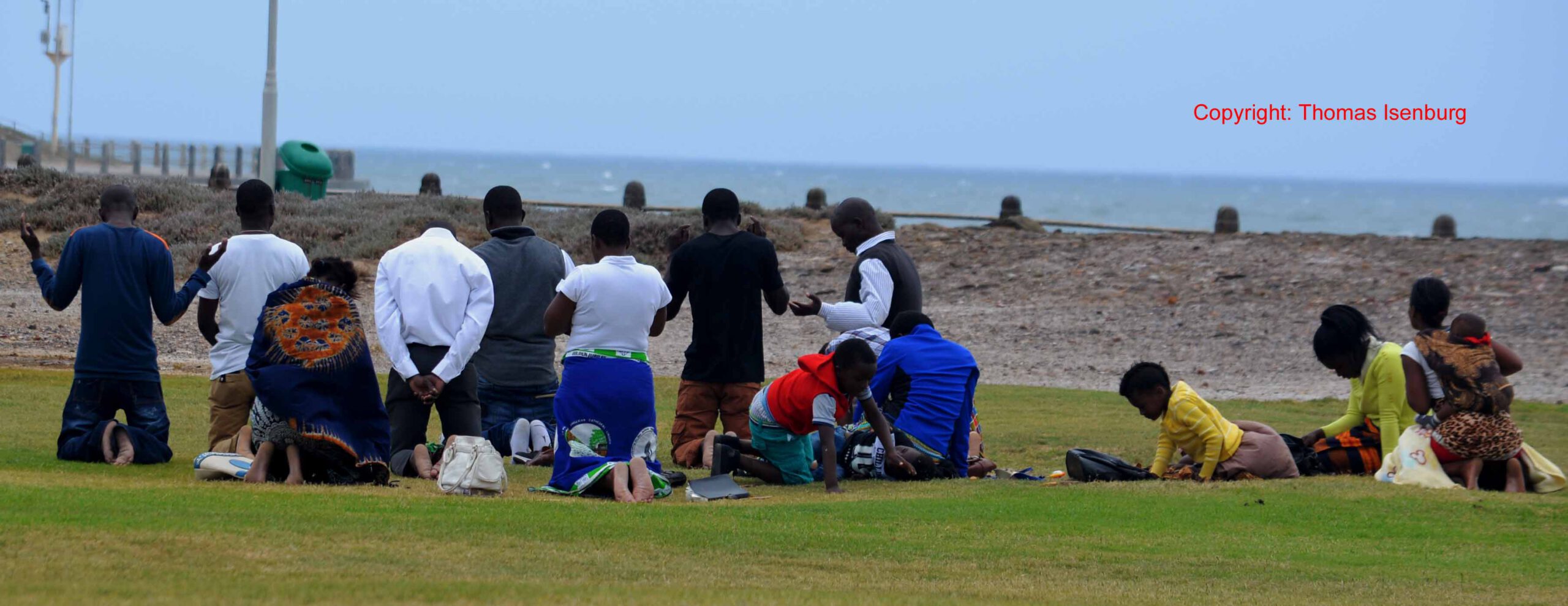Tanzania – Before the onset of Missionaries and colonialism in Tanzania, the Portuguese were already arrived earlier in East Africa notably with the installment of Fort Jesus at Mombasa during 1698. Thus in the latter 17th century to 18th century the Christianity in Tanzania was already in established and further spreaded. The Portuguese apart from trade interactions with East African communities spearheaded the spreading of the religion from the coastal areas to hinterlands. After the fall of Portuguese in East Africa the latter half of 19th century witnessed the wave of Christianity spreading by the so called Missionaries; eventually the Universal Mission to Central Africa (UMCA) arrived and this mark the inauguration of the recognized denominations in Tanzania. For instance, Catholic missions first arrived in Tanzania in the 1860s and 1870s, beginning coast and the southern end of Lake Victoria and gradually spreading inland. Various Catholic missionary congregations laid roots in Tanzania, including the Holy Ghost Fathers, the Missionaries of Africa, and the Society of African Missions. The second half of 19th centuries not only the Catholics but also Anglican centuries and other missionaries arrived to serve for Christianity spreading and the colonial interests at large. Kiswahili was used during worship, although in rural areas the Mass may also be celebrated in the local tribal language. Enculturation during Mass is further expressed through music.
During the colonial period the notable denominations were established for instance Lutheran was proponent during Germany rule while the Anglican was put to an emphasisis during British rule in Tanzania especially after the World War I; further denominations like Pentecostal churches and others gained momentum after the WW II.
As it widely known Catholics is the dominant denomination in Tanzania while others are referred to as Protestants; since the Catholic worship in Tanzania reflects both the universality of the Mass: with the heart of Catholic life in Tanzania lies in the “Jumuiya,” Small Christian Communities that meet every week in the homes of lay Catholics. The Lutheran also adopted the same thing as a Bottom-up approach or community participation to a more grassroots, physically accessible, lay-led church.
The Catholic Church and is associated organizations have the most extensive service delivery and development programs, followed by the second and third largest denominations, the Lutheran and Anglican churches. The geographical distribution of activities is uneven, reflecting patterns of missionary activity during the colonial period. Although there are very large numbers of Pentecostal churches, they and the Seventh Day Adventists are perceived as being more concerned with evangelism than development.
In most of Tanzania regions there is dominant denomination coexist with others for example in Kilimanjaro the Roman Catholic is so evident; Lutheran is dominant in Arusha while Anglican so dominant in Dodoma; denominations like Pentecostal churches follow in line with others like Methodist, Baptist, Jehovah witness, Efatha, Orthodoxy churches, Sabbaths, Latter days Saints (Mormonism), and many other revival and redemptions churches.
Inter-religion and intra-religious conflicts are existing in Tanzania. Intra-religious competition is obvious especially among the denominations for instance Catholic vs Anglicans; Anglicans vs Lutheran; Lutheran vs Pentecostal churches and many others. The overall conflicts existing over the matter of interests and the influence on people; the capitalistic approach of making profit is the basis of these conflicts among the denominations; thus the denominations are nowadays in demand of large number of people as they enter into intensive completion so that they can win the battle and further making super profits. Despite Tanzania’s long record of religious tolerance and secularism in state but the inter-religion conflicts often appear passively due to ideological differences and influence over people and politics. Often Christians and Muslim conflict is best example as inter-religious conflict existing especially along the coastal areas of Zanzibar where violent acts are in part due to religious tensions. Unfortunately, some of these tensions have spilled onto mainland Tanzania and have intermittently spread west. For example, there was a movement among the Islamic population demanding that all meat must be butchered ‘Halal’ i.e. the best appreciated practice is the animal to butchered by the Muslim so as to be clean.
Previously the Church has been played the major role in the provision of education, medical and other social services. Over 500000 of Tanzanians studied in Christian schools, including several of the best high schools in the country. Hospitals, clinics, and dispensaries are dispersed across Tanzania’s cities and its vast rural areas. The Church has also played a large role in HIV-AIDS treatment and counseling efforts; Tanzania was hit hardly by the AIDS epidemic in the 1990s.
On the other side Catholicism lose popularity as they go against the traditional and respected morality. For instance, the title of ‘Fathers and Sisters’ are not like they were used in previous era. An example is the case of raping young boys in their cathedrals; to the further extents the secret sexual relations between them. These events deteriorate the Catholic as a center of Christian Moralities.
Hence in the provision of social welfare it seems like Christianity played a very noticeable role back in the days. Currently Christianity has become strange i.e. since the churches are regarded as institutions the quality and credibility existed previously now disappearing. The nature and principles Christianity held are not relevant and this is because of the mainstreaming of the churches in capitalistic eyes; since the institution doesn’t pay taxes and other charges the “Super Profit” mentality now dominate among the people. Eventually the game played by the few individuals who manipulates the crowd with dramatization and myths while their interests are profit oriented. The corporate mentality of the Christian religion nowadays run capitalistically and the events ongoing are like the shows which are performed by the artists notably who are so-called prophets/prophetess, apostles, pastors, gospel singers and writers etc.
Furthermore, churches brand themselves to gain fame and recognition especially in this era of globalization; there are various sources of information and media like Facebook, Instagram, WhatsApp, twitter and many others. The intention is not to deliver spiritual or material service but to gain fame and recognition so as to attract many people in return they can make super profits.
To the further extent there is a programs of testimonies in churches whereby the people with high profiles and better incomes are appreciated rather than the people with lower profiles or low income. More in turn this led to the prayers of blessings and best recognition to those with something than to those with nothing. Even the so-called miracles and spiritual tests of Holy Ghost nowadays seems to be unfair since most of the higher profile people claims to taste them and got their prayers answered; while to the impoverished people are handicapped in spirituality since there is nothing to claim about miracles and the opportunity for testimony to these groups is low.
Moreover there is recently emerged wave of revival and prayers centers. The number of the centers increases as the days go on. Gospel singers and writers are increasing but their heart and intentions are controlled by the corporates rather than divine purposes as they claim; so the deliverance of services to the masses has become difficulty compared to the era of 19th century and before; for instance the priests nowadays are like they are in auctions example is when the priests in need of house or a car ask for the people to contribute so that he/ she can buy the house or a car; but when one among the people in need of the materials should ask for prayers and fasting. Thus the game looks like is unfair especially to the people of lower incomes and temptations come during the word “Give something so as to receive something from God.” To the final analysis Christianity has become as the arena of business and capitalistic entrepreneurism.
Author: David Suddy




